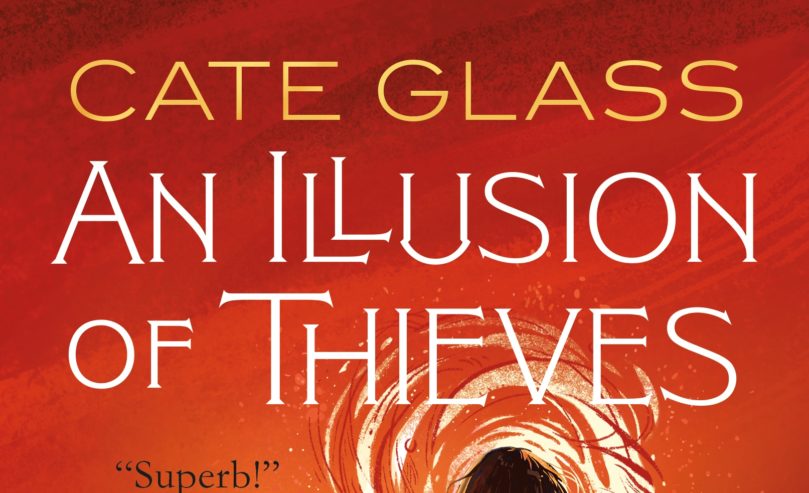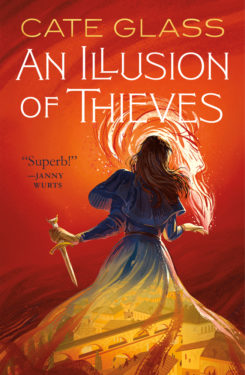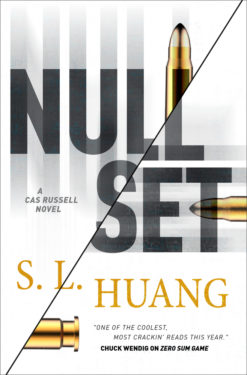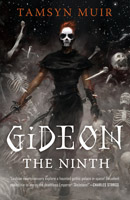opens in a new window opens in a new window
opens in a new window opens in a new window
opens in a new window opens in a new window
opens in a new window opens in a new window
opens in a new window
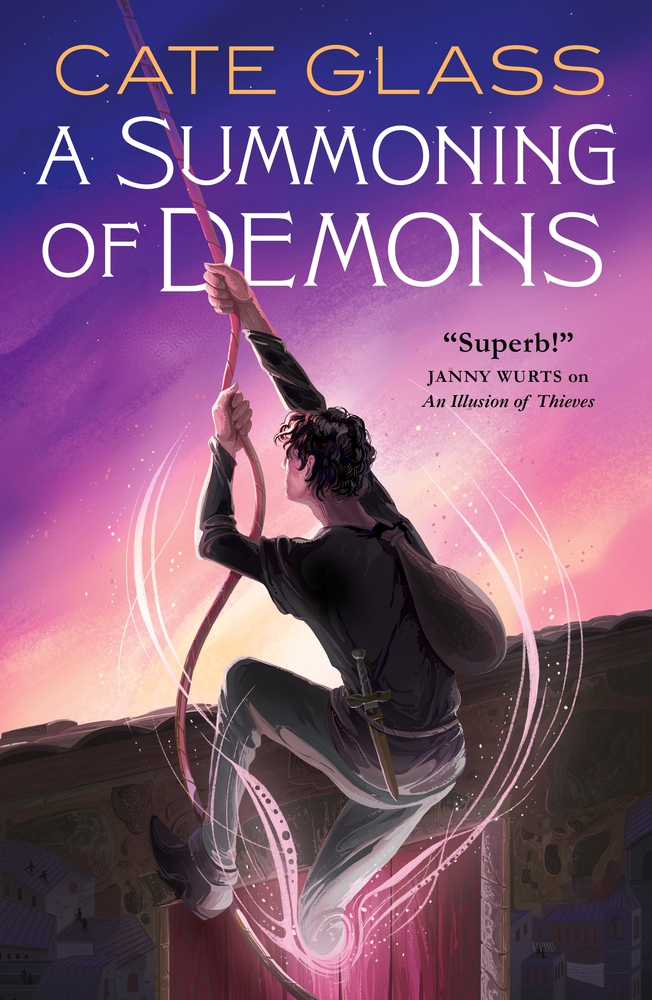 Cate Glass’s A Summoning of Demons marks the thrilling conclusion for the Chimera team, a ragtag crew who use their forbidden magic for the good of the kingdom.
Cate Glass’s A Summoning of Demons marks the thrilling conclusion for the Chimera team, a ragtag crew who use their forbidden magic for the good of the kingdom.
Catagna has been shaken to its core.
The philosophists insist that a disastrous earthquake has been caused by an ancient monster imprisoned below the earth, who can only be freed with magic. In every street and market, the people of Catagna are railing against magic-users with a greater ferocity than ever before, and magic hunters are everywhere.
Meanwhile, Romy has been dreaming.
Every night, her dreams are increasingly vivid and disturbing. Every day, she struggles to understand the purpose of the Chimera’s most recent assignment from the Shadow Lord.
As Romy and the others attempt to carry out their mission, they find themselves plunged into a mystery of corruption and murder, myth and magic, and a terrifying truth: the philosophists may have been right all along.
Please enjoy this free excerpt of opens in a new windowA Summoning of Demons by Cate Glass, on sale 02/02/2021.
1
YEAR 988 OF THE NEW MILLENNIUM
THE MONTH OF VINES
THE HOUR OF BUSINESS
The noisome airs of the lower city always reached their odious peak in the Month of Vines, just before the summer yielded to the ripe sweetness of the harvest. The stink was inescapable, especially when every sticky, sweating citizen of Cantagna crammed the Via Salita, the straightest, thus steepest, road from the Beggars Ring to the Heights. The side lanes were no less crowded and their aroma even worse. Il Padroné’s Regulations for Good Order forbade chamber pots being emptied in the Ring Roads or the Via Salita.
Of all days to be so unpleasant. I carried a heavy crate packed with wills, contracts, invoices, and letters of charter to deliver to my clients before the proliferation of copied documents burst the walls of my shop. Just one aggravation piled on another.
Almost three months had gone since the Chimera’s last venture, and I’d come to think the Shadow Lord had reneged on his assurance that he’d use our services again. Employment as a copyist for the city’s lawyers was honorable work and paid better than tavern service. Best of all, it preserved my appearance as yet another resident of the Beggars Ring struggling to keep fed. But after two magical adventures that gave our city and its citizens a chance to flourish, scribing had me near dead from boredom.
I missed Teo. A long conversation with the young man I’d hauled out of the river half drowned three months ago would be the best remedy for the late-summer doldrums. Teo embodied enough mysteries to fill a lifetime’s yearning. For one, the ability to make a person believe everything that came out of his mouth. For another, powerful magic, though he lacked any understanding of it. And I believed that Teo’s dreams had leaked into mine, hinting at a past . . . and a role in the world . . . that even a year ago, I would have called mythological nonsense.
Every morning I woke hoping he would show up to claim his little bag of silver—his share of the fee for the Chimera’s last venture. Last time I’d seen him, he was diving naked into the River Venia in the moonlight. Though I’d watched intently, neither Teo nor the bound captive assassin he had rolled into the river ahead of him had reappeared. Yet I knew in my innermost heart that neither man was drowned, as if a living thread bound Teo and me. Entirely illogical.
Fortunately, this morning I had to climb only as far as the Market Ring, the middlemost of Cantagna’s five concentric districts, where my three most prolific customers kept chambers on the same street. Dispute Row housed a number of notaries and lawyers prosperous enough to abandon their old accommodations down in the Asylum Ring, but not yet of such status to afford the more comfortable chambers of the Merchants Ring or the Heights.
I turned into the Market Ring Road, jammed with tradesmen’s stalls displaying the wide variety of modest goods Cantagna’s growing prosperity could provide. Nothing appealed, except perhaps the baskets of plums—assuming the sun didn’t boil them before I got back.
A clot of young men poking, shoving, and hurling the common challenges to true manhood blocked the turn from the Market Ring Road into Dispute Row. The only way around them was an alley, much too long and steep a detour for a hot midday.
“Step aside,” I said. “Make way.”
A scrawny youth pointed his spiky chin at me while his gaggle of comrades formed up at his sides. “Best watch your step, Damizella Prune Face. The Cavalieri Teschio will scrape you off the street and there’ll be none to pay your ransom.”
“Though her backside is most fetching . . .” chimed in a pustule-afflicted companion.
“. . . and her cheeks have a lusty flush.”
Hot and out of patience, I set down my crate, drew my pearlhandled dagger, and brandished it around their closing half circle. “And her knife has a freshly honed blade, Segno Stronzo and fellow backside orifices. Her well-trained hand longs to test its keen edge on boy flesh. Maybe cut a hole and let the ignorance out. Any takers? No?”
Though most of the youths backed off, two sidled my way, shoulder to shoulder as if they thought the width made them more fearsome . . . or attractive . . . or immune to daggers. “We’re thinking to join the Cavalieri. They paid our friend a bounty of a silver solet to join up. We could have some fun with the likes of you and earn good coin as well. Don’t you think we’d make fine Skull Knights?”
I didn’t dignify their posturing with a reply. An abortive lunge with the dagger sent them running. Rolling my eyes, I sheathed my blade, picked up the crate, and climbed Dispute Row.
Cavalieri Teschio. The Skull Knights, or more precisely Death’shead Knights, were a snatch-crew who picked up children from the streets of the Asylum Ring and held them for small ransom. A vicious and effective crew, so I’d heard. The Gardia paid no attention; if a laborer’s children disappeared, they could have run off or died of the scourge and who really cared anyway?
New gangs of thieves and scoundrels usually popped up in late winter when food grew scarce, and rain and mud left laborers idle. But this name had been circulating all summer like the smoke and ash from Mount Agguato drifting on the winds from the south. Evil. Out of season.
By the time the bells of the Palazzo Segnori tower rang noontide, I had delivered my work and collected my fees. Relieved of the burdensome load, I debated whether to return home or spend an hour with my friend Vashti, my Chimera partner Dumond’s exceptional wife. But I carried three new documents to copy— urgently needed, as always—and had stacks of completed work at home yet to deliver. I should rid myself of one annoyance or the other.
Halfway down the Via Salita, as I neared the arched gateway into the Asylum Ring, my head began to throb. The pain grew swiftly to a pounding worthy of Dumond’s forge. Instead of returning home, I considered heading down to the Pipes and standing under the spill of diverted river water. Sadly, five thousand other Beggars Ring residents would be there ahead of me.
A sharp jolt made me stumble, and the hammer behind my eyes became a dagger. Someone must have bumped into me—only I couldn’t say where or who.
But then a deep, ominous rumble invaded my body through my ears and feet at the same time, trembling my bones, itching my skin. I staggered as the cobbles began to roll under me. The street . . . the city . . . the world undulated and jiddered.
It wasn’t just me. Shouts came from every direction. Men staggered. Women toppled or grabbed hold of the nearest body. Children wailed as parents flailed or clutched them close. Some ran. But there was no escape. Earthquake . . .
A sharp crack like cannon fire split the rumbling, and a stone pediment plummeted from the gate arch, landing with a thud that set dust and stone shards flying and a man screaming in mortal agony.
A swooshing avalanche just behind spun me around to clattering breakage. A woman stared upward, her mouth a perfect O, as her market stall awning collapsed on her and her display of pots. On the building above, a balcony creaked and swayed.
Dizzy, unable to hold myself upright, I crouched to the ground and covered my head against the rain of bricks and roof tiles.
The earth heaved again and again, then jerked violently as if to shake humans from its pelt. I fell forward and braced myself on my hands, drawing on all my will as if I could force the world to be still. In that same moment a throaty bellow of soul-searing rage welled up through the lesions inside my skull.
I clapped my hands to my ears before my head could shatter.
That did no good at all. The fury surged inside my skin, poured into me like molten bronze twisting my bones and setting my sinews aflame.
More cracks and snaps and noisy crashes. A toppling timber grazed my hand. I shoved it aside . . . and then everything stopped.
Numb, I took a shaking breath. A taint of such malevolence lingered on my spirit that my stomach emptied itself. My arm blotted bile from my mouth.
A moment of breathless silence. Then voices rose on every side.
“Got to get it off him. Need more hands . . .”
“Mam, wake up! Mam!”
“Over here, here . . . there’s folk under this heap.”
“’Tis the sign! He’s coming . . . Dragonis . . .”
“Can’t help. I’ve got to home . . . the nursling . . .”
The image of the terrified pottery seller, wide-eyed as the sky fell in on her, was scalded on my vision, a substitute for thought. Shivering as if the quake had inverted the seasons, I scrambled up and ran to the woman’s collapsed stall, now buried under the splintered balcony. I dragged away scraps of wood, razor-edged roof tiles, and the rags of the canvas awning. The debris shifted, releasing a thready moan.
“Stay still,” I said. “I’ll get you out. You’ll be all right. Hold on. Here—”
I grabbed the arm of the first person who passed by. “We’ve got to move this wood. She’s trapped underneath.”
Together we lifted the twisted plank floor of the fallen balcony and found the woman under a tangle of her awning posts. Though blood streaked her face and bare arms, the tented posts had shielded her from worse injury.
“Virtue’s hand,” she croaked, and waved me off. I left her sitting dazed in the ruin of her livelihood.
The tower bells had begun a continuous, demanding clangor. Runners would be out already, dispatched from the City Steward’s office, diverted from daily duties so they could visit every neighborhood to report fire, damaged water pipes, rescues needed, the injured, the dead. They’d need everyone to help.
My feet moved without purpose. Where to go? Memories of rage echoed inside my skull. Dragonis, people would say, the monster trying to escape his prison under the earth. I didn’t believe in myths or monsters, but today . . . The violence had rattled me.
Shaking, I kneaded my temples, wiping my watering eyes to clear them. Home was the only thought I could cling to—the one-room hovel that had once housed my parents and their everexpanding brood. Though old and ugly, squatting in a filthy alley, it was built of mortared stone—a rarity in the Beggars Ring. We’d be safe there, Neri and I. . . .
Neri! Mother Gione’s heart, where was he? Rack my aching head as I tried, I could not remember where my brother was to be today.
My aimless wandering became purposeful. The Via Salita would take me downward. I needed to hurry. To find him. To help. Certain, the Beggars Ring was where the most help would be needed. The dwellings in the Beggars Ring were flimsier than those in the Market Ring . . . poorly built tenements, mud brick, canvas. Such a violent quake could have half the district in ruins.
“Do you think she’ll be all right?” Someone fell into step beside me. The fellow who’d helped move the wood—the same spikychinned youth who had called me prune face.
I glanced over my shoulder. The pottery woman had gotten to her feet and was placing a clay pitcher, miraculously intact, into my abandoned crate. My client’s three rolled documents were nowhere in sight.
“Looks as if,” I whispered.
“Are you all right, damizella?”
“Shaken well and good.” Blinking away the blur, I inspected my hands . . . the rest of me. Dusty clothes. Scratches and scrapes. My body was numb. Inside, I was a quivering mess. On the other hand, the youth had a gash on his head. Runnels of blood streaked his dirty cheeks. His sleeve was torn at one shoulder and matted to his arm. “Did you know you’re bleeding?”
“Crack on the head’s left me wiggy,” he said. “But I’ve felt worse shakings.”
“Worse? In Cantagna?” This was surely the worst I’d experienced. I’d never felt an earthquake so deeply, so harsh and intimate, so violent. And yet . . .
Most permanent structures along the Via Salita stood intact. Stalls were flimsy, and overhangs like balconies, cornices, and decorative pediments often collapsed when the earth shook. But for the most part, the houses were whole. How was that possible when the shaking had been so dreadful as to leak inside me?
Though people yet dug through the mess, the crowd around the fallen pediment had dispersed. The poor man wasn’t screaming anymore.
Spirits, Neri . . . please don’t be dead. I’ll find you.
“Fortune’s benefice,” I said to the youth. “I need to go.”
Shivering, I hurried toward the gate, trying to think where Neri might be. What had he told me this morning? Sword practice with Placidio? Work at the Duck’s Bone alehouse? Something. My fogged brain could not catch hold of it.
“Do you think the monster might be free? Is that why you’re shaking?” The youth had caught up to me again. “You know . . . Dragonis. My uncle told me there’s not been a sorcerer arrested since spring, and some folk back there were saying this is a sign.”
“There is no monster under the earth. Dragonis is just a story, and sorcerers don’t work to free him. They just—” I bit my idiot tongue. “I need to find my brother.”
Leaving the boy behind, I hurried through the gate, dodging past the fallen pediment. Someone had thrown an apron over the dead man. The bells yet clamored the alarm.
The destruction along Via Salita in the Asylum Ring was much the same as what I’d seen. Heaps of debris here and there. But everything else remained standing. Panic had already smoothed to acceptance. People with scrapes and scratches were digging out their neighbors or bandaging scrapes. Some were setting up braziers or beds in the streets lest the earth shake again in echo of the first, as so often happened. The streets were mobbed with people shouting out names. Here and there someone sat weeping beside a body much too still.
The thud of hooves emptied the center of the road as a rider careened around the corner from the Asylum Ring Road onto the Via Salita.
“Heed, heed!” shouted the rider. “Cave-in at the coliseum site! Cave-in! Hundreds buried! Heed, heed . . .”
Still crying his message, the horseman vanished up the Via Salita.
A ripple of determined motion threaded the crowd. Anyone who was not already digging moved to join others, many of them bleeding, to form a processional heading east on the Ring Road. Some carried shovels or picks or hatchets; some had naught but a spoon or a stick, anything that might dig. Others pushed barrows or pulled sledges or wagons, or carried bundled sheets or jugs of water.
The coliseum construction was still in its beginnings—deep digging, laying foundation walls. Neri’s first paying work had been as a digger . . .
By the Twins! Placidio had a midday match at the old barracks training yard—a common location for refereed challenges that employed professional duelists. Neri might have been there to cheer his swordmaster on. It was only a short walk from the coliseum site.
I joined the throng on the Ring Road. Urgency pushed me between and around and through, leaving them behind when the road took a sharp bend to the southeast toward the coliseum.
The barracks yard was north and east. I’d never visited there, but it was easy to spot. Long, low, derelict buildings of wood upon stone—eight or ten of them—wrapped three sides of a rectangular yard. Several stretches of roof were fallen in, but only one large section at a corner looked freshly broken. The collapse had taken down the walls at that corner, as well.
Once used to house and train Cantagna’s small legion, the barracks had been abandoned when the city chose to retain only a small local constabulary and hire condottieri for any real fighting. Besides hosting refereed duels, the yard served as training ground for those mercenaries and some smaller family cohorts, and as a ball court for Cantagnan children.
A steep hillside of sunburnt grass and scrub footed by a low wall formed the fourth side of the rectangle. That would be where onlookers sat.
It appeared as if a giant mole had burrowed a tunnel up the hillside. The section of wall at the foot of the disturbed ground had slumped, spilling dirt and stones onto the hard-packed yard. The sections of wall on either side of the breach were profoundly misaligned.
No one sat on the hillside. The yard was abandoned. Everyone would have run for their homes . . . or to help at the cave-in site. Placidio and Neri would not have ignored the call for help. Neither could I.
opens in a new window opens in a new window
opens in a new window opens in a new window
opens in a new window opens in a new window
opens in a new window opens in a new window
opens in a new window
 The Chimera series by Cate Glass has officially come to a close, but we’re continuing the adventure with a very special look back at the series with author Cate Glass! Check out her guest post as she talks about writing the series, developing the story, and more.
The Chimera series by Cate Glass has officially come to a close, but we’re continuing the adventure with a very special look back at the series with author Cate Glass! Check out her guest post as she talks about writing the series, developing the story, and more. opens in a new window
opens in a new window opens in a new window
opens in a new window opens in a new window
opens in a new window opens in a new window
opens in a new window
 opens in a new window
opens in a new window opens in a new window
opens in a new window opens in a new window
opens in a new window opens in a new window
opens in a new window
 opens in a new window
opens in a new window opens in a new window
opens in a new window opens in a new window opens in a new window
opens in a new window opens in a new window



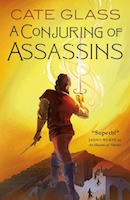
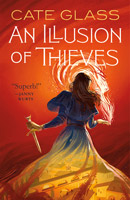

 Engines of Oblivion
Engines of Oblivion A Desolation Called Peace
A Desolation Called Peace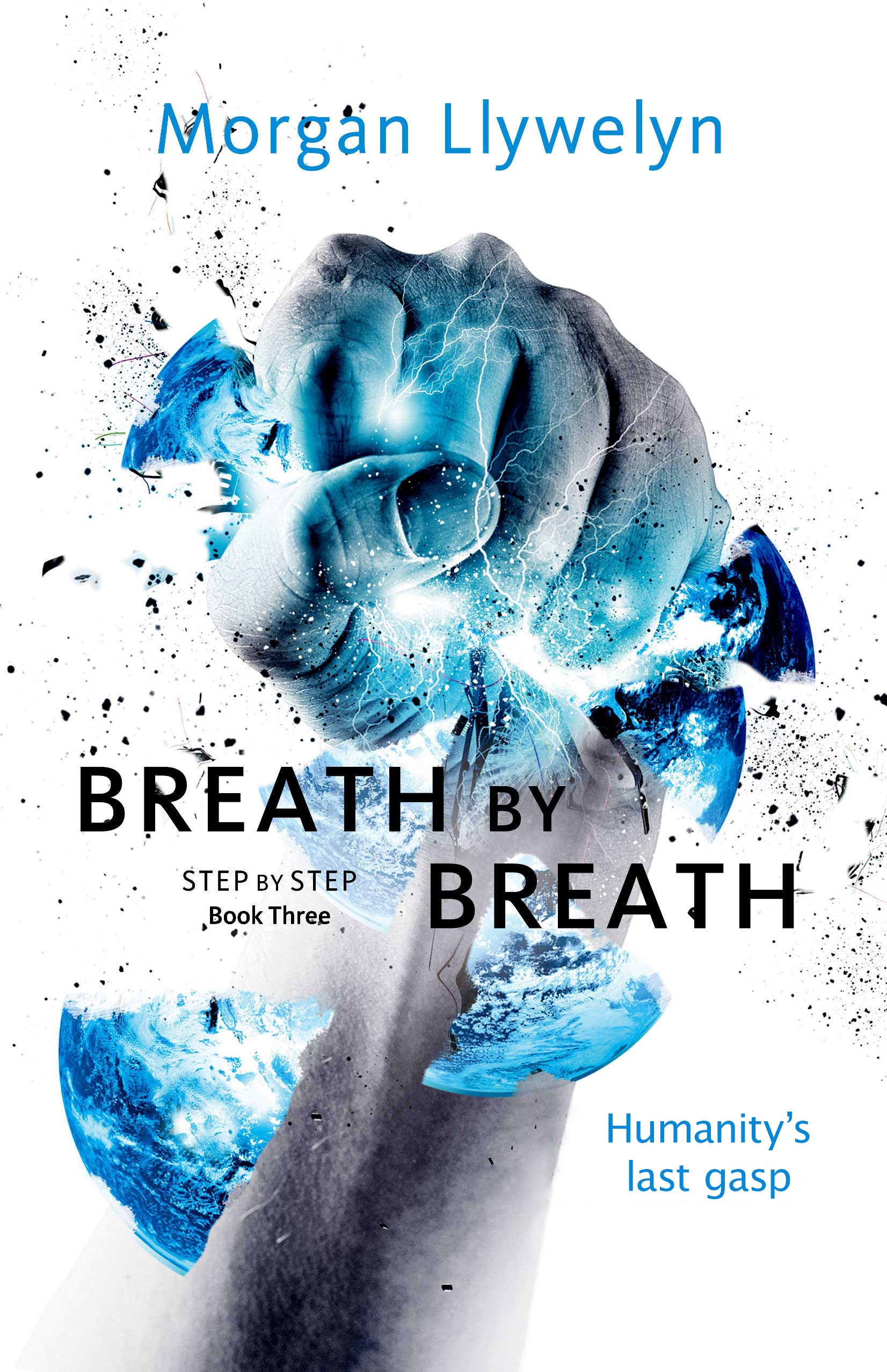
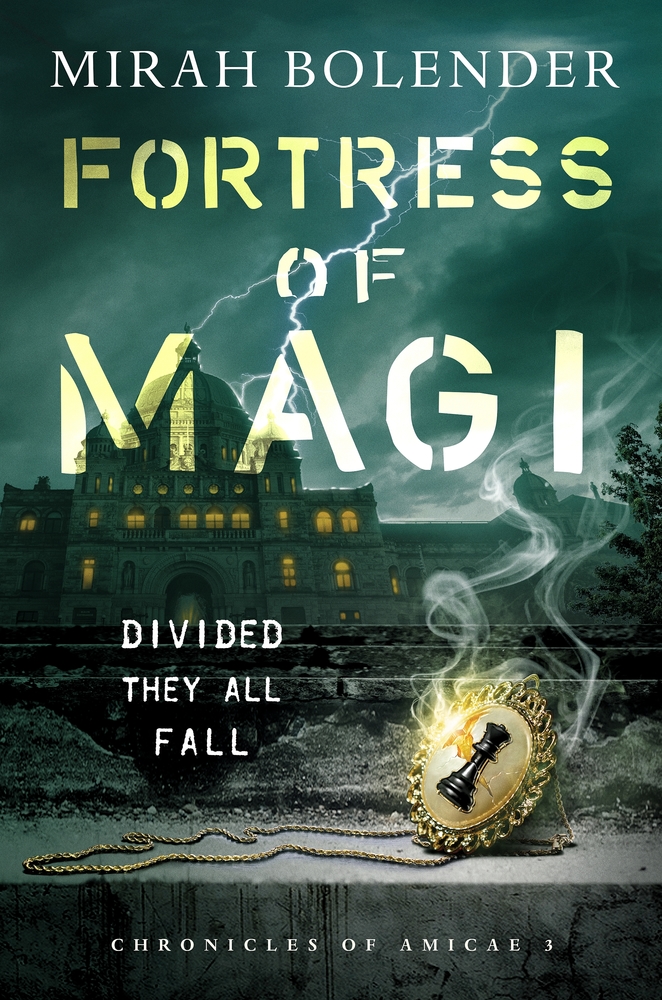
 Fury of a Demon
Fury of a Demon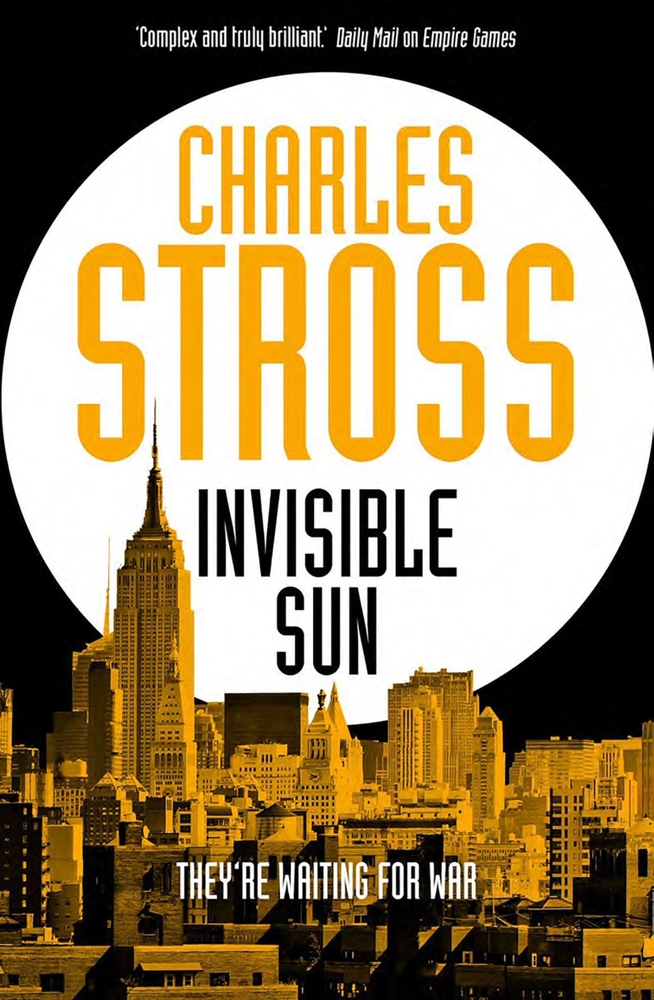 Invisible Sun
Invisible Sun






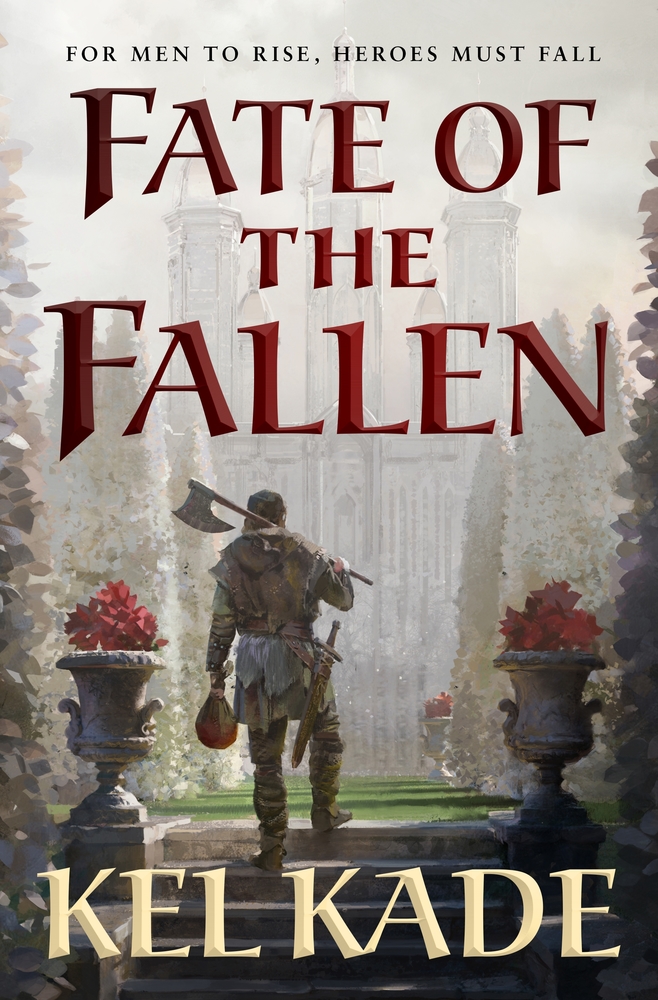
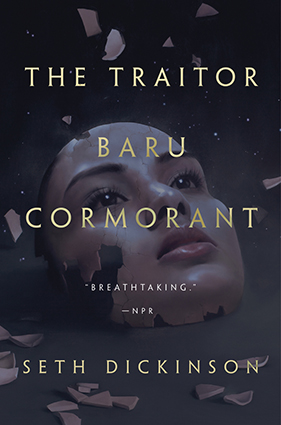
 Deal with the Devil
Deal with the Devil The Emperor’s Blades
The Emperor’s Blades
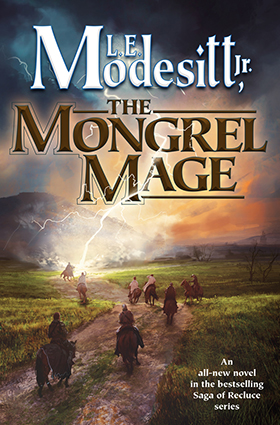 The Mongrel Mage
The Mongrel Mage Soleri
Soleri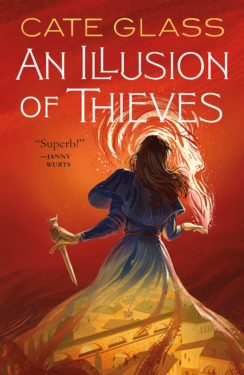

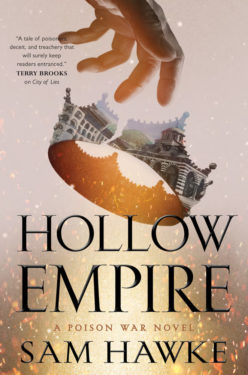 Hollow Empire
Hollow Empire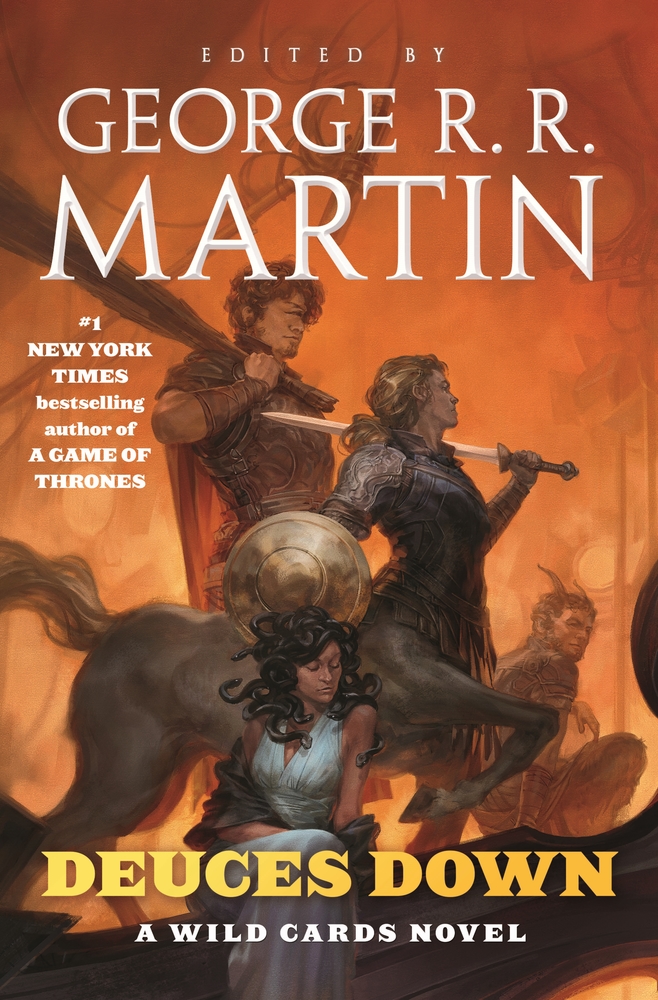 Deuces Down
Deuces Down
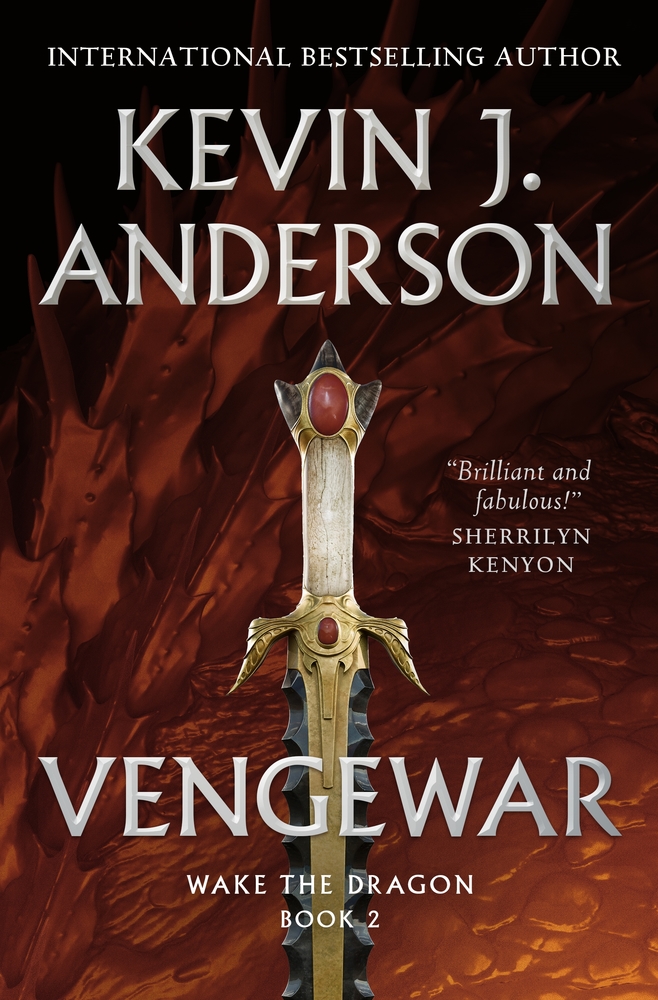
 The Wood Wife
The Wood Wife Dealbreaker
Dealbreaker
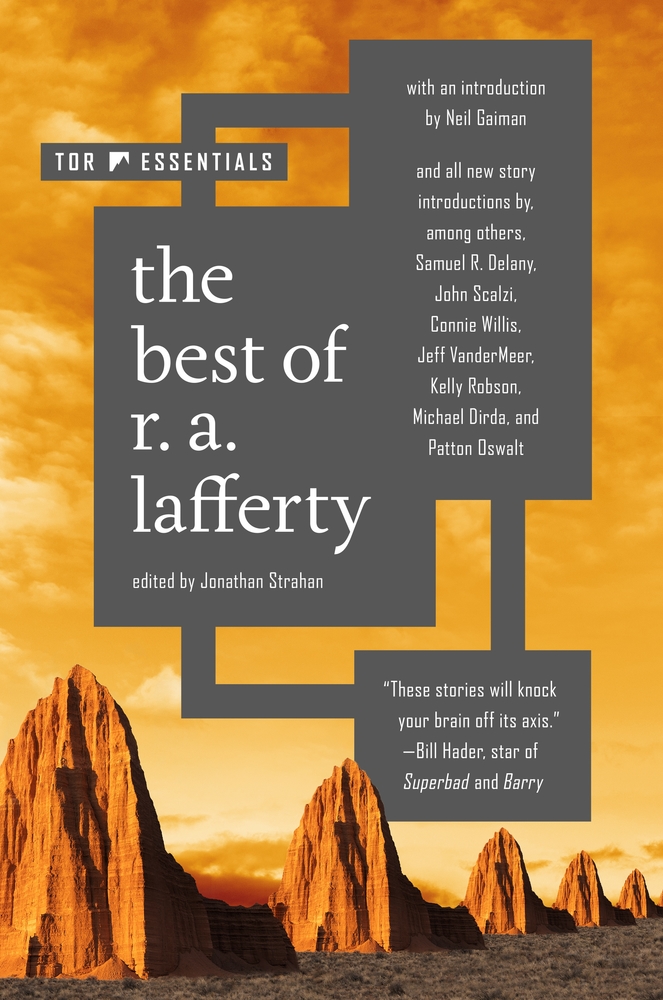 The Best of R.A. Lafferty
The Best of R.A. Lafferty
 Silence of the Soleri
Silence of the Soleri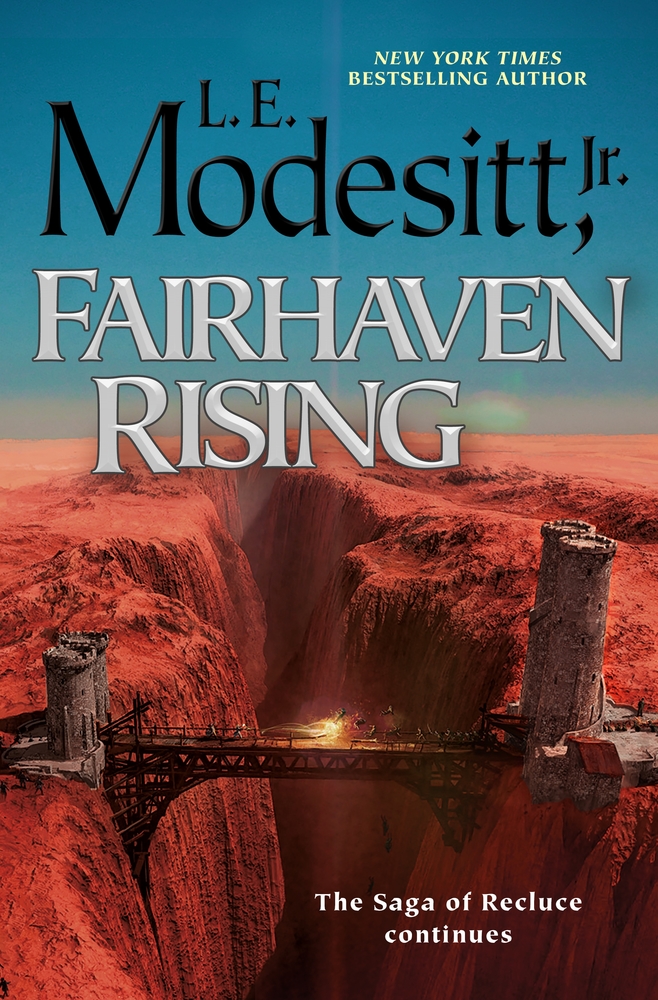 Fairhaven Rising
Fairhaven Rising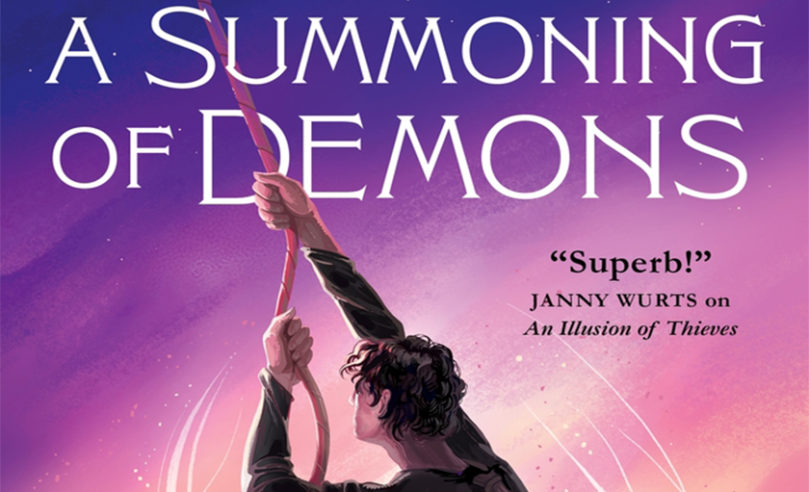

 Among Others
Among Others
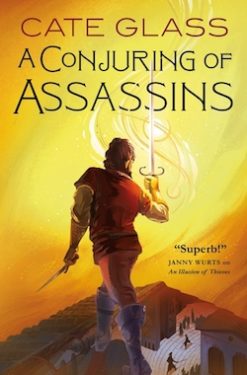 A Conjuring of Assassins
A Conjuring of Assassins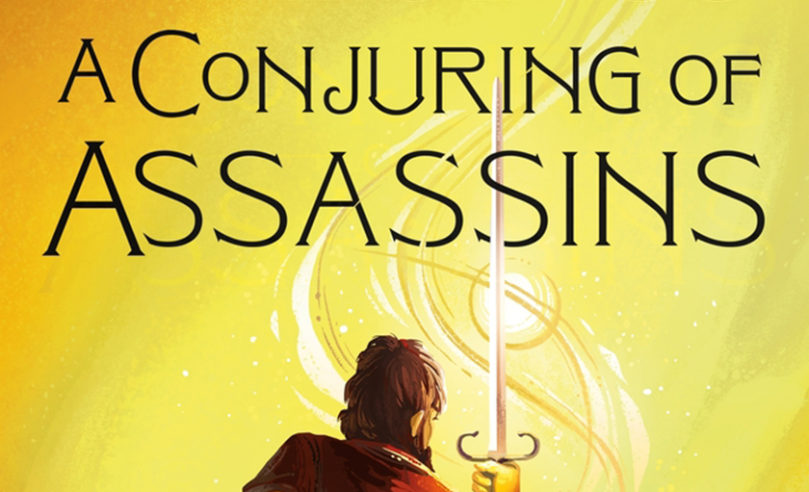
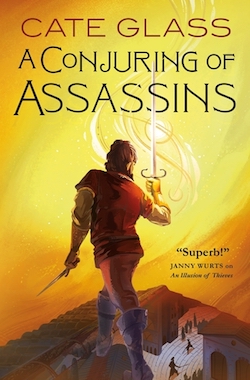 A Conjuring of Assassins
A Conjuring of Assassins